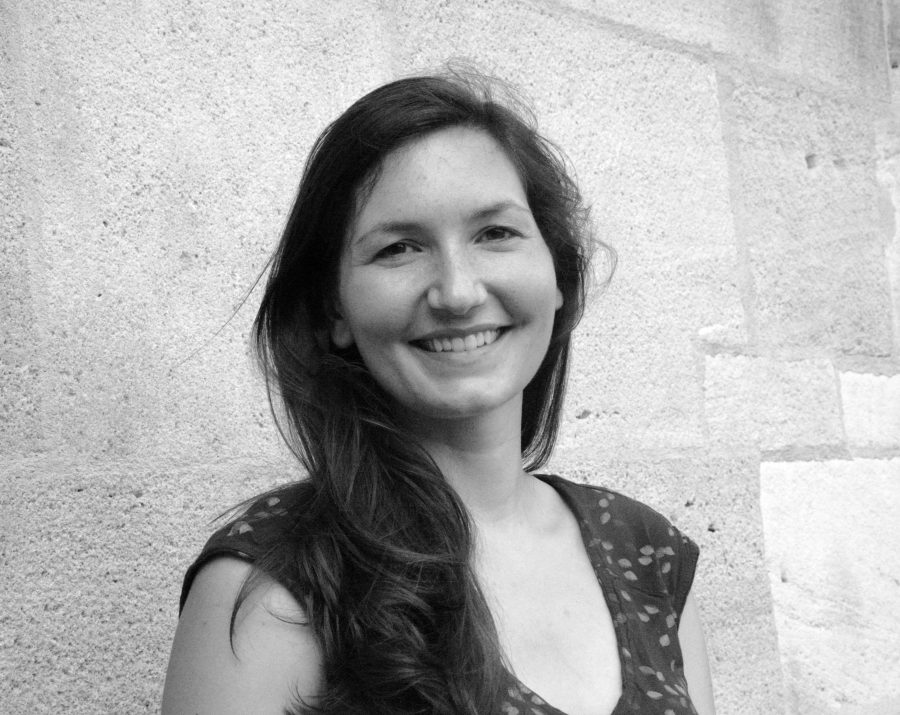
contact
Goethe-University Frankfurt
GRK Doing Transitions
address:
IKB-building, 4th floor
Eschersheimer Landstraße 121
60322 Frankfurt am Main
postal address:
Theodor-W.-Adorno-Platz 1
IKB-Gebäude, Postfach 3
60323 Frankfurt am Main
b.lenz(at)em.uni-frankfurt.de
Bianca Lenz studied social sciences at University of Göttingen with a focus on European social policy. After graduating she worked as research associate at the Institute for Vocational Training, Labour Market and Social Policy GmbH (INBAS). She specialised on evaluation projects in the field of school-to-work transition. Her dissertation “The right help!? Young adults dealing with the ‘Jugendjobcenter’” (working title) deals with the biographical relevance and processing of help by the young people in the context of the recently established “Jugendberufsagenturen”, labour administration offices only addressing young people. Bianca Lenz analyses how school-to-work transitions are produced.
research project
The right help!? Young adults dealing with the ‘Jugendjobcenter’
How do young persons in precarious situations produce their transition from school to work? Are they adequately supported and assisted by the responsible institutions as politically proclaimed?
My dissertation focuses on young adults which are supported by the so-called Jugendjobcenter (JJC) because of their material needs. The JJC is a collaboration of three institutions: the “Jobcenter”, the Employment Agency, and the municipal youth vocational assistance. Its objective is to provide as accurately fitting support to young adults (below 25 years) in their school-to-work transition as possible. I analyse the fit in the potential area of conflict between support and control from the perspective of the young adults. My study focuses on the question how transitions are produced and shaped against the background of institutional processes of standardisation and regulation. While it primarily considers the individuals’ perspectives, the study also aims at discussing the results in the light of the mutual relationship to the institutional and the discourse level. They will not only be valuable from a scientific perspective but also from a practical perspective given that the JJC is a novel form of labour administration within an altered regulatory framework concerning work transitions.
The theoretical framework of my analysis builds on the subject-oriented transition research, agency concepts and biography research, because these approaches account for the interdependencies between the structure and the subjects.
I will address the question through conducting biographic-narrative interviews with young adults who are supported by the JJC. Following Rosenthal, the analysis will be based on biographical case reconstructions, a method which is particularly well-suited to analyse the structure of biographical constructions.
